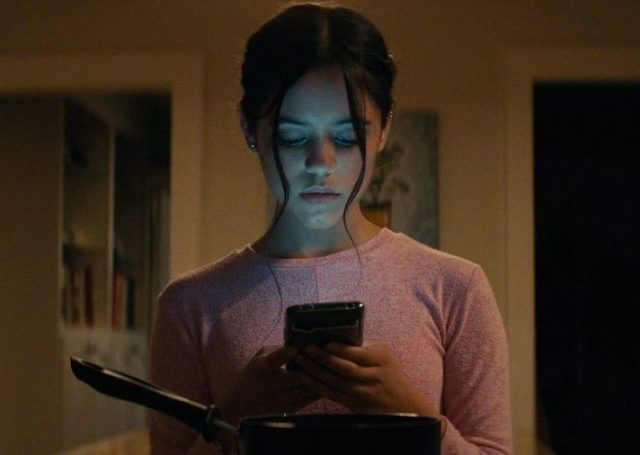
TikTok has grown into one of the top 3 most downloaded apps in the world in less than four years, making it the sixth most popular social network and also the main platform for beauty and fashion influencers. With over 90 billion views, the #beauty hashtag includes pretty much everything from makeup tutorials to really weird skincare tips (like using an anti-dandruff shampoo to treat acne). Now we can safely say that all beauty trends were somehow born on TikTok. And brands stopped underestimating the platform and now see it as a full-fledged participant in their advertising strategy.
In fact, TikTok’s huge impact on the beauty industry has far more negative consequences than positive ones. Let’s not even talk about ecology and conscious consumption, which are modern values that cannot coexist alongside the ideology of the platform. Let’s focus on why TikTok takes the beauty industry back decades and how it affects an average user like us.
Lack of expertise
TikTok is notorious for its controversial and often dangerous trends, especially when it comes to beauty. Users chasing opinions are finding more and weirder life hacks to cause controversy. At the very least, remember the trick to creating lush lashes when you first need to dry it from the bottom up with a hair dryer and only then apply mascara. This can lead, firstly, to burns and secondly to abrasion of the cornea of the eye.
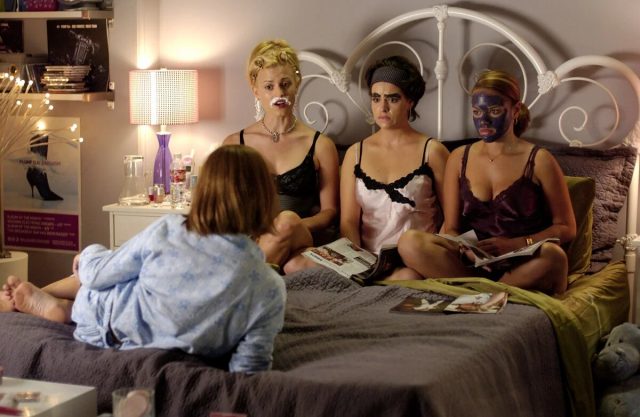
Besides weird beauty hacks, TikTok is also home to grandma’s advice. Specialization of a person is not the main and extremely rare quality among users. Hence the dangerous advice for health – for example, the latest trend towards self-removal of moles. In such cases, doctors immediately begin to sound the alarm. But despite its corresponding comments, TikTok has been slow to take action to remove the videos.
Anna Dycheva, the organizer of the InterCHARM exhibition, the author of the professional Telegram channel Beauty_AD, believes that the so-called grandmother’s advice comes at a cost. However, TikTok plays a big role in promoting brands.

Anna Dycheva
“Despite a lot of ridiculous and sometimes dangerous beauty experiments, TikTok has a lot to offer to promote the beauty industry. If the videos go viral enough, it’s possible to increase brand awareness and potentially lead to a significant increase in sales. At least the Maybelline brand’s sensational mascara that sells out quickly. Remember Sky High Mascara and therefore the product became even more desirable.The same year we witnessed how the “slugging” technique of applying Vaseline in several layers for an occlusive effect filled TikTok and even became the basis for the creation of the Futurewise brand. Therefore, for marketers, the platform has become a springboard to reach a new youth audience.”
Unattainable beauty standards
“My self-esteem is about to be seriously shaken,” the traditionally beautiful girl says to the camera, then removes the Bold Glamor filter. She remains as beautiful as before, but her face shows shock and frustration. There are many examples of such videos. The recently released filter can be easily used in real time. It continues to sit perfectly while changing users’ facial features and adding makeup. As a result, foreign media concluded that showing users more attractive, but at the same time realistic versions of themselves, is detrimental to people’s mental health.
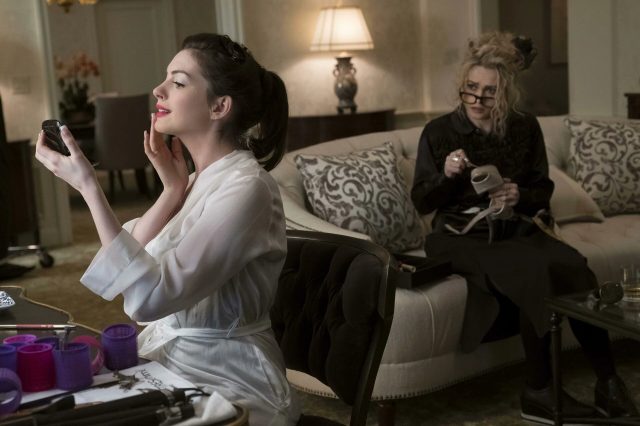
But recently, “converting” filters began to gradually lose their former popularity in another social network familiar to everyone, but banned in Russia. Many influencers have abandoned them in favor of more natural masks, or have chosen to appear without them. But on TikTok, the trend is different – the good old zero, where brilliance sets unattainable standards of beauty.
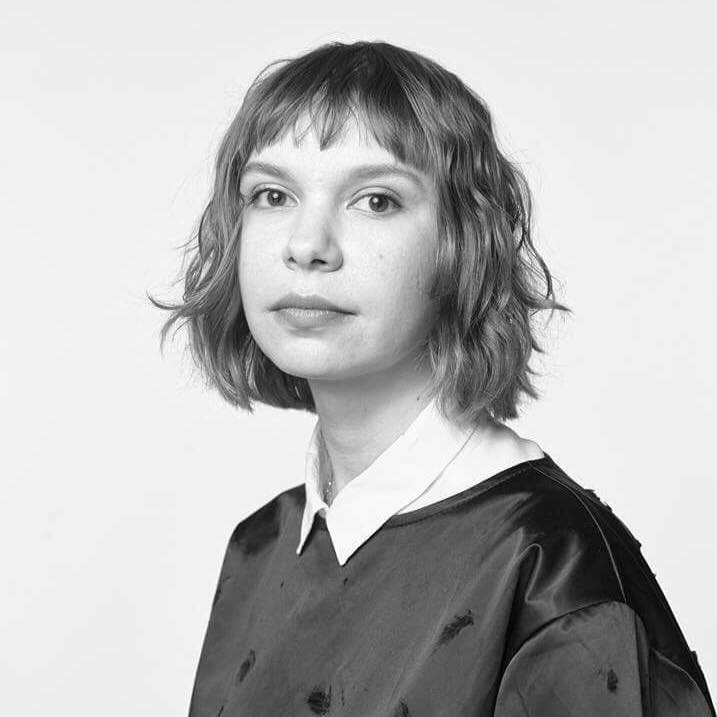
Maria Potudina, psychologist and mediator
“While previously strict standards of beauty were imposed through brilliance, now this is done through filters and masks on social networks. Our brains very quickly begin to accept the mask as the norm, but most of us realize that a smooth face without moles, redness and swelling is unrealistic. But the more we see such perfect faces, the more naturally the brain automatically reads them. So young viewers of TikTok get a signal from an early age that this is the norm, but if you have any flaws, you need to do something about them. Also, we often scroll through the social media feed to relax in the evening. And the brain in a participatory state reduces the level of critical thinking. And when we open TikTok and see bloggers with perfect faces, the brain automatically starts comparing them to ours. Unfortunately, it is often not in our favor. Neurotic like manure falls on the soil, and neuroses start to grow like mushrooms after the rain.
Another point is that many beauty bloggers who take makeup tutorials often wear makeup on pre-prepared, even skin. But it’s also served naturally. This creates very curved optics for general users.”
False advertisement
There was a time when beauty bloggers really made a difference – posting tutorials, filming beauty reviews, and honest (at least partially) recommendations. Now beauty influencers are increasingly associated with scandals. The latest example: Tiktoker Mikayla Nogueira, who has 15 million followers, posted a video in which she reviews mascara and decided to strengthen the “after” effect with false eyelashes. Users of course noticed this and “canceled” Mikayla.
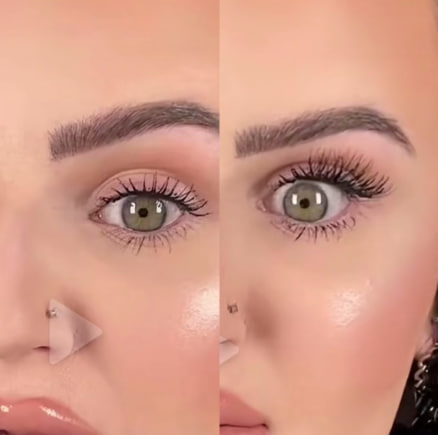
After that, Alyssa Ashley, a popular beauty blogger with thousands of viewers, posted a video on TikTok where she explains what the main problem with Nogueira’s recall is. “When you have a platform this big and you decide to use it to post a fake review, that’s not normal,” Ashley says in the video. He then adds that this has impacted not just Nogueira’s content, but the beauty community as a whole, as it further confirms people’s suspicions about influencers.
Source: People Talk
I’m Roger Gritton, and I’ve been writing for the The Fashion Vibes for over 5 years now. My specialty is beauty news; I’m passionate about covering the latest trends, products, and innovations in the industry. In my time there, I’ve become known as an authority on all things beauty-related.
I love discovering new experts to interview, researching up-and-coming ingredients and techniques that are making their way onto our beauty shelves and highlighting people who are making a difference in the world of cosmetics. My work has appeared not only on The Fashion Vibes, but also several other publications including the New York Times Magazine, Allure Magazine and Refinery29.

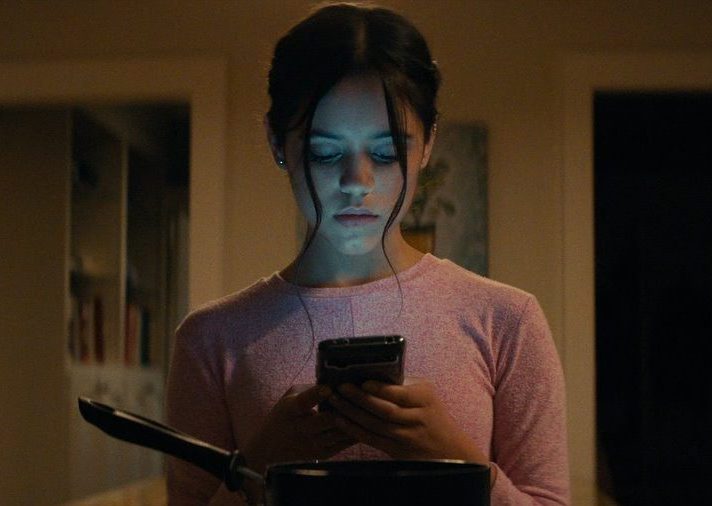

.png)

